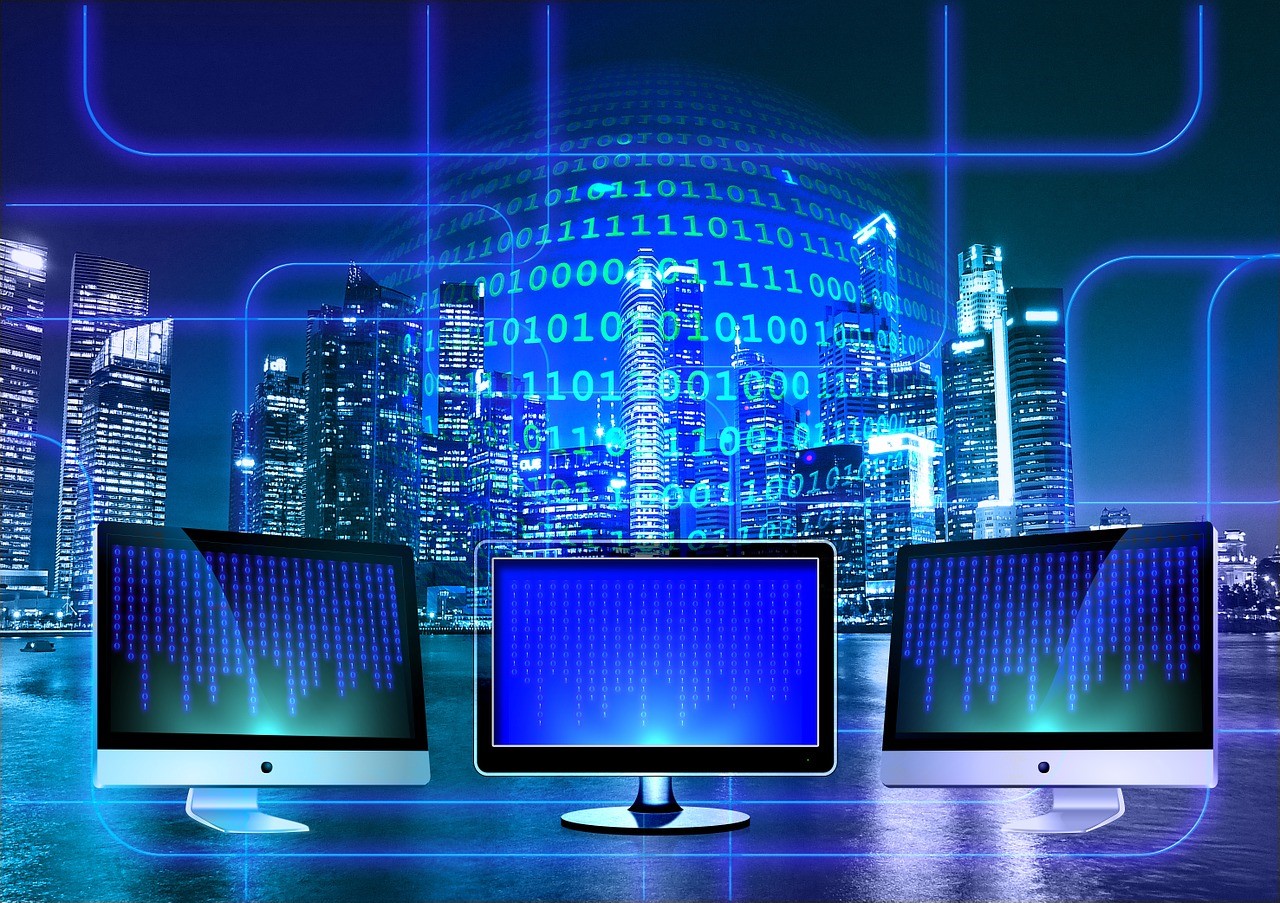
By Heather Hamilton, contributing writer
CNBC defines blockchain as “a global online database that anyone with an internet connection can use, but it doesn’t belong to anyone.” Introduced as the mechanism behind bitcoin, it is now identified by an article on Medium as an infrastructure that might govern business transactions going forward.
In January of 2017, Olaf Carlson-Wee of TechCrunch predicted that a fully decentralized internet was in the future. He wrote, “In a world with many blockchains and hundreds of tradeable tokens built on top of them, entire industries are automated through software, venture capital and stock markets are circumvented, entrepreneurship is streamlined, and networks gain sovereignty through their own digital currency. This is the next phase of the internet.”
And while there are many schools of thought on this, there are advantages and disadvantages to both.
The case for a decentralized internet
Generally speaking, decentralized organizations suffer from too many contributing individuals with different ideas — getting everyone on the same page can be a struggle. In the case of the internet, this, of course, gets a little more complicated.
While nobody owns the internet now, it is only physically decentralized. However, centralized services support things like web hosting, cloud computing, social media, search engines, email, DNS services, etc. As Venture Beat explains, “These services rely on resources concentrated in a limited number of physical or virtual servers. This approach makes it more convenient for companies to keep their services maintained.”
But should something happen to them, all functionality is lost. Data can be lost, monetized, or given to the government, all without users knowing. They’re able to act in their own interests, which can hurt the users who may not even know.
In a decentralized system, a larger community of users and independent machines would run things, which would likely make it less vulnerable to attack. By using blockchain-based platforms, DDoS attacks can be avoided.
A decentralized internet also leads to a decentralized domain name system. The DNS server translates website names that a user types in into an IP address and connects to the host. Attacks on these servers can cause epic problems — large internet outages and lack of access to services like Github. Not to mention data storage hacks, which allow for massive data breaches at companies like Equifax earlier this year.
The case against decentralized internet
For many, it is hard to argue against a decentralized internet. But, like most things, it is all in the eye of the beholder. In a decentralized internet, there isn’t a place for government regulation, which is potentially problematic in some circumstances.
There may also be security risks — if terrorists are using the internet, how do we shut them down if there isn’t a central place through which information flows? Of course, it is easy to argue that, using this logic, the government definition of terrorism could be expanded to include everyone, which is certainly a driving factor in the call to decentralize. It may also be difficult to maintain communication standards if the same languages are not being used across the board.
If we’re talking specifically about blockchain, it isn’t a centralized network, which means that it is difficult to hack. This makes it especially useful for money management because it negates the need for a bank to serve as middleman.
Blockchain isn’t totally foolproof — there are a few ways that it can be hacked. As Medium explains, “If 51% of the network of miners, or of work done by miners, is bribed to alter the ledger, this can result in corruption and incorrectness in the ledger.” Additionally, if one of the nodes of the blockchain network is disabled and it cannot communicate, it may be compromised.
So if we’re talking specifically about blockchain, the case against a decentralized internet might be a little more complex. It’s impossible to reverse fraud in the absence of an intermediary, which could be problematic. Furthermore, while the individual may not care about the obsolescence of such institutions, those who make money from their existence just might.
And while this conversation stems largely from an episode of HBO’s “Silicon Valley,” it is a question worth considering as we embark upon new technological frontiers.
Sources: Tech Crunch, Venture Beat, CNBC, Medium
Image Source: Pixabay
Advertisement





